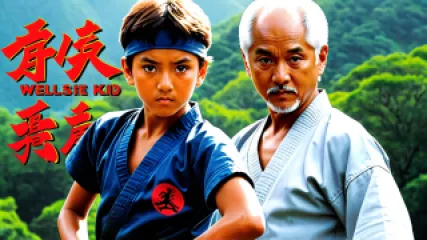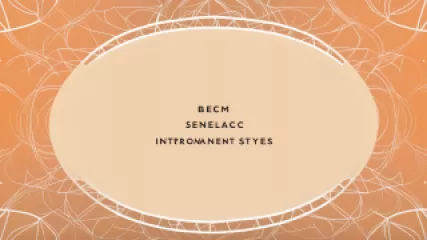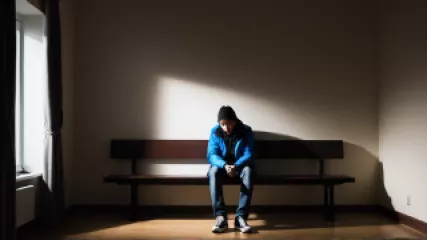Altruism in Practice: A Step-by-Step Guide to Cultivating Compassion
1 year ago
Psychology of Altruism
5 Wellness Lessons from 'The Karate Kid' You Can Apply Today
1 year ago
Wellness Coaching
Virtual Conflict Coaching: An Expert Interview on Effective Communication
1 year ago
Conflict Management
How to Use Laughter for Relaxation
1 year ago
Psychology of Laughter
Unmasking the Imposter: A Research Summary on Overcoming Imposter Syndrome
1 year ago
Imposter Syndrome
5 Proven Strategies to Boost Productivity Through Psychology
1 year ago
Psychology of Productivity
Navigating the Path to Healing: Self-Help vs. Professional Therapy for Trauma Recovery
1 year ago
Self Help vs Professional Help
What is the Importance of Achieving a Healthy Work-Life Balance?
1 year ago
Work Life Balance
10 Best Attachment Styles for Healthy Relationships
1 year ago
Attachment Styles
Developing a Positive Mindset to Overcome Any Obstacle
1 year ago
Overcoming Obstacles
How Can Mindfulness Help Manage Anxiety?
1 year ago
Mindfulness for Anxiety
What Are the Top Virtual Therapy Techniques for Educational Psychology?
1 year ago
Educational Psychology
The Profound Effects of Social Isolation: A Research Summary
1 year ago
Social Isolation Effects
My Journey Through Self-Deception
1 year ago
Understanding Self Deception
The Impact of Mental Health Programs on Adolescent Wellbeing
1 year ago
Mental Health in Adolescents














